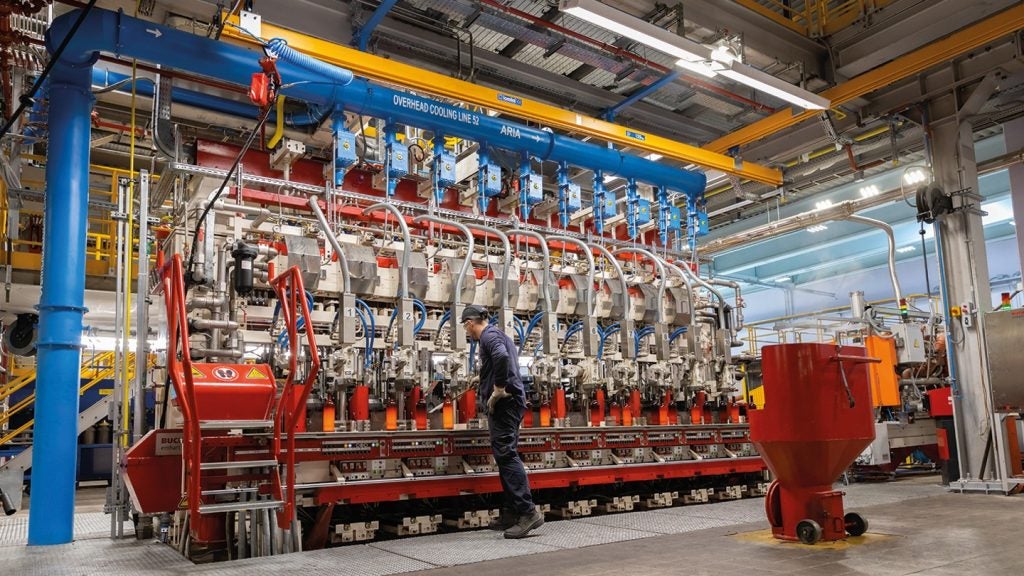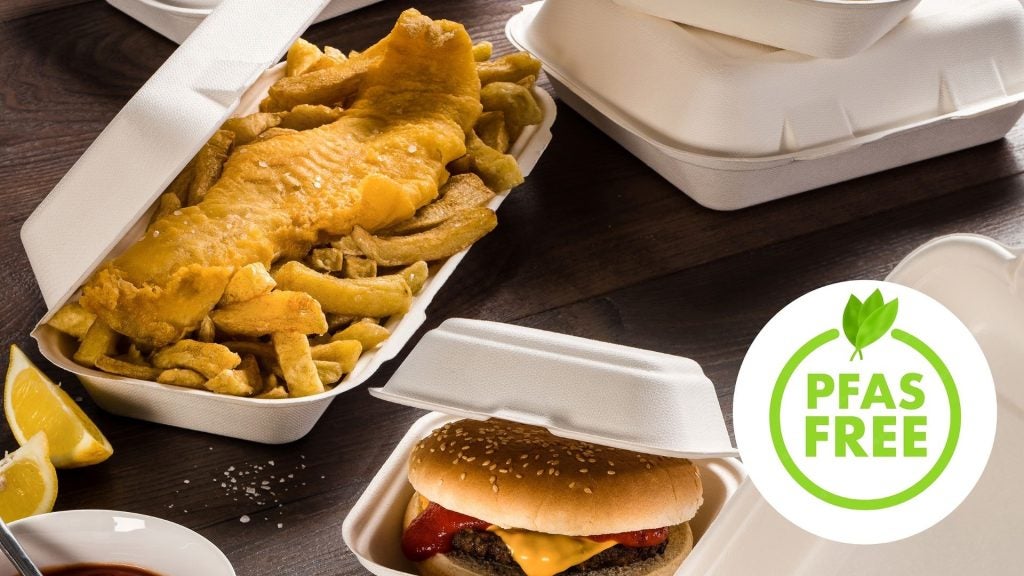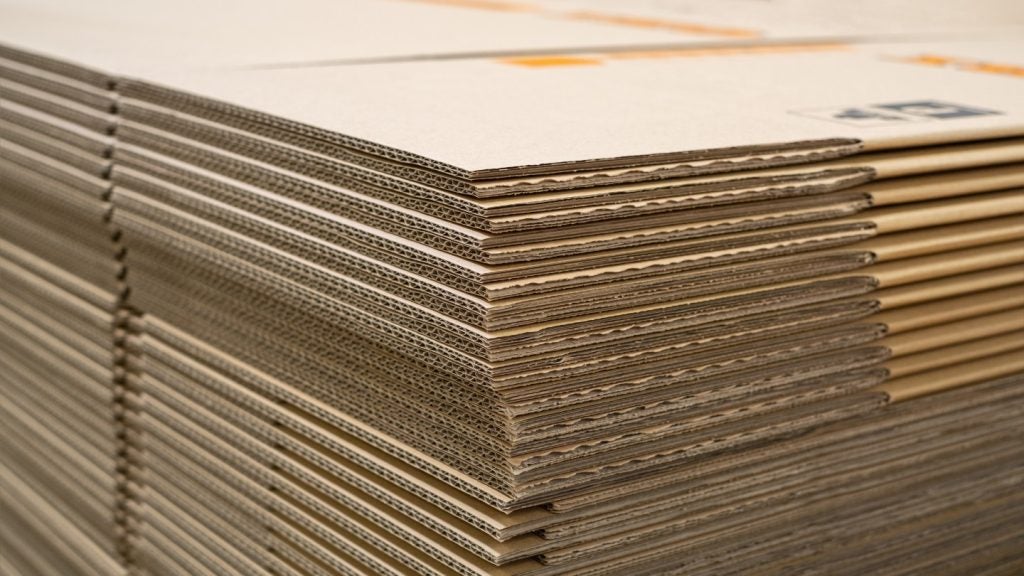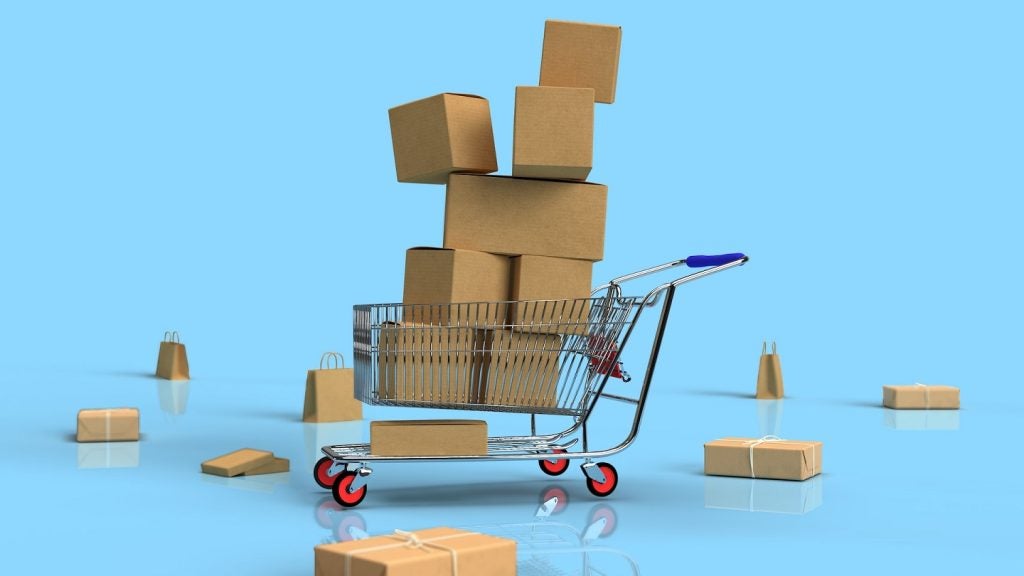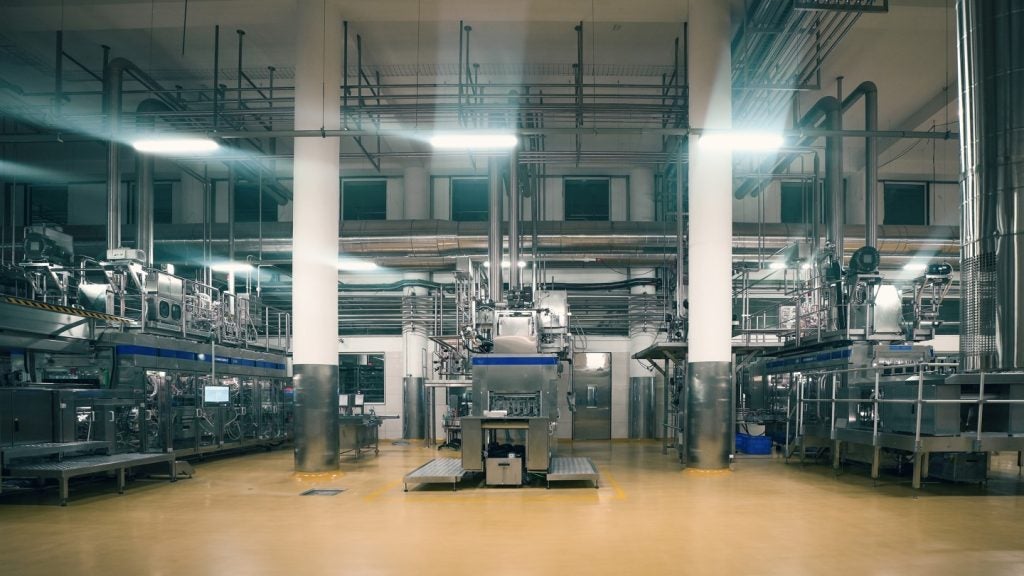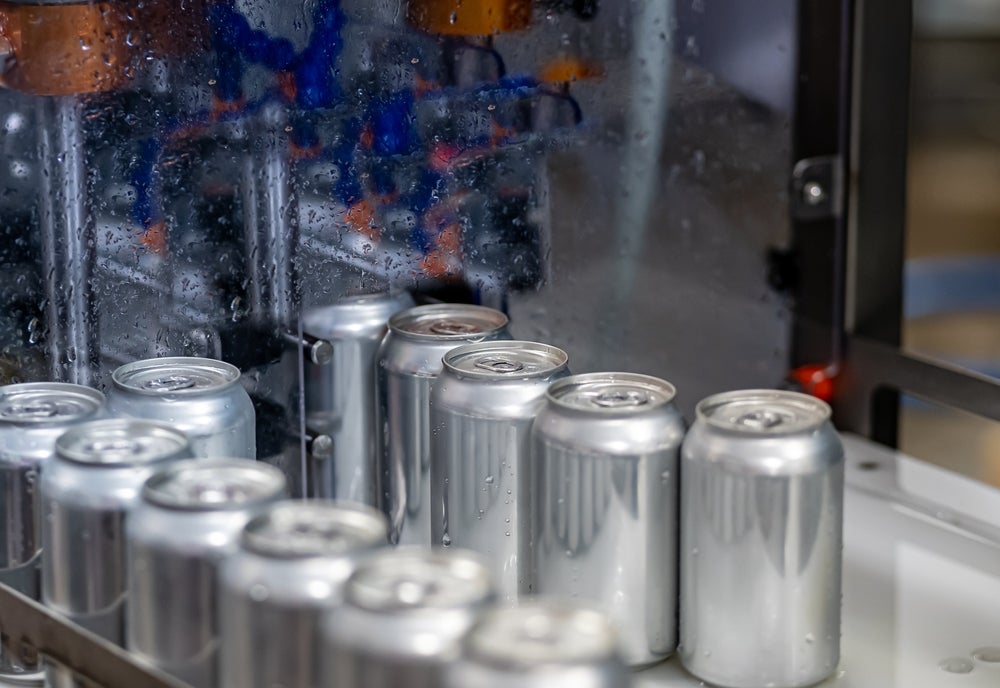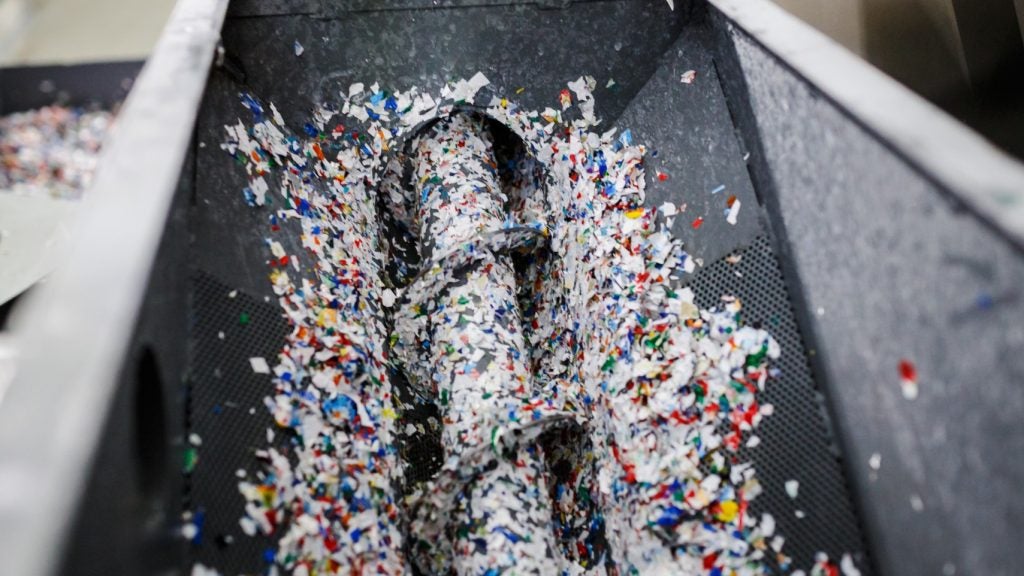Glass packaging manufacturer Vetropack has announced the inauguration of its new facility in Boffalora sopra Ticino, northern Italy.
The beginning of operations and activities at the new facility was marked by a formal inauguration ceremony hosted by the company.
This inaugural event was attended by various Vetropack business partners, customers, and other key representatives and officials from the local Italian government.
Vetropack Group CEO Johann Reiter said: “We are very happy to have reached this final milestone today. We would not be here today without our partners and would like to thank everyone involved.”
The latest milestone comes a few months after Vetropack commenced the process of heating up its melting furnaces at the Boffalora plant.
Since this initial start-up of furnaces, the company has been gradually preparing and transitioning the plant to undertake full production.
Switzerland-headquartered Vetropack Group has established this new high-tech plant with an investment of approximately SFr400m.
It has been built to enhance production flexibility to meet the requirements of the Italian market while supporting Vetropack's long-term sustainability goals.
The plant will support the glass packaging production activities of Vetropack Group’s subsidiary Vetropack Italia.
Previously, Vetropack Italia was operating from Trezzano sul Naviglio, also in northern Italy.
The plant is set to boost the existing production capacity of Vetropack in Italy by up to 70%, once its eight production lines are fully operational.
The company said that this Boffalora-based site will enable a more flexible production process to accommodate small batches, allowing Vetropack to quickly address dynamic domestic market demands and conditions.
The factory is also claimed to be more resource-efficient and sustainable in its production processes.
Specifically, Vetropack said that the site will reuse exhaust heat from furnaces and water used in production to contribute to a closed-loop system, and is equipped with the latest filter systems to further minimise emissions.


